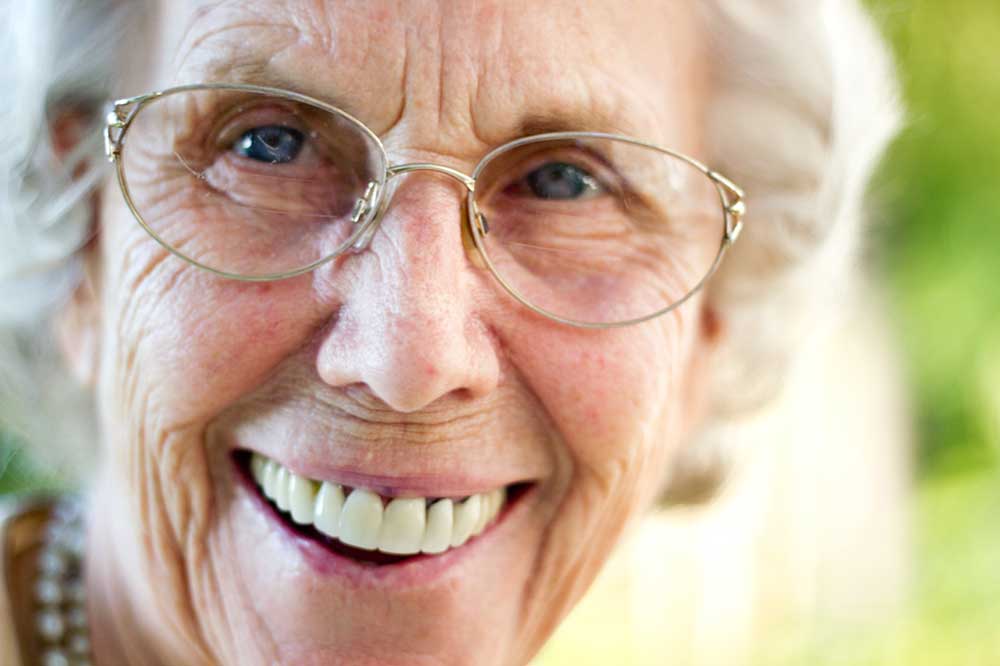A new study proposed that grandmothers played an essential role at establishing monogamous relationships. According to Kristen Hawkes, an University of Utah anthropologist, the fact that grandmas have always loved to care for kids, especially their grandchildren, made prehistoric grandmothers to spend a lot of time with their descendants, allowing for parents to reproduce more often and develop a monogamous relationship. The finding, published in the Proceedings of the National Academy of Science, is based on previous research around the evolution of grandmothering.
The “grandmother hypothesis” was introduced by Professor Kristen Hawkes, co-author of this latest research, and colleagues in 1997 based on their observations in the 1980s of the Hadza hunter-gatherer people in Tanzania. Scientists noted that older women of the tribe spent their days collecting food for their grandchildren. All other primates and mammals from the animal kingdom gather their own food after weaning, except for humans.

Hawkes suggested that when grandmothers helped feed their grandchildren after weaning, their daughters could reproduce at shorter intervals. Then, the team proceeded to use computer modeling to show that by allowing their daughters to have more children, those ancestral females who lived long enough to become grandmothers passed their longevity genes to more descendants, who had longer adult lives as a result.
Additionally, Hawkes and her team also used computer simulation to examine how the evolution of grandmothering impacted on male and female interaction. For the research, scientists compared simulations of male to female sex ratios of great apes with modern-day human hunter-gatherer populations. They found that over a million years, the ratio of available males to females ready to reproduce doubled when grandmothers were present; there were about 111 males for every female.
Co-author Dr. Peter Kim, at the University of Sydney, explained that the increase in human lifetime, provided by million of years of evolution, meant that while older women became infertile after menopause, older men still sought to reproduce. Over time this created a lack of balance in the sex ratio of fertile adults and an increasing competition among men for fertile women. However, high competition led to reduced success in finding a mate, making it more important to find a partner and guard them.
“Grandmothering first drove the change in human life histories and that caused there to be a shift in fertile male to fertile female ratios and that caused the next shift. Suddenly males optimal behavior is to link with one female and to stay and protect them and have all their kids with that female,” Kim added.
Source: PNAS
